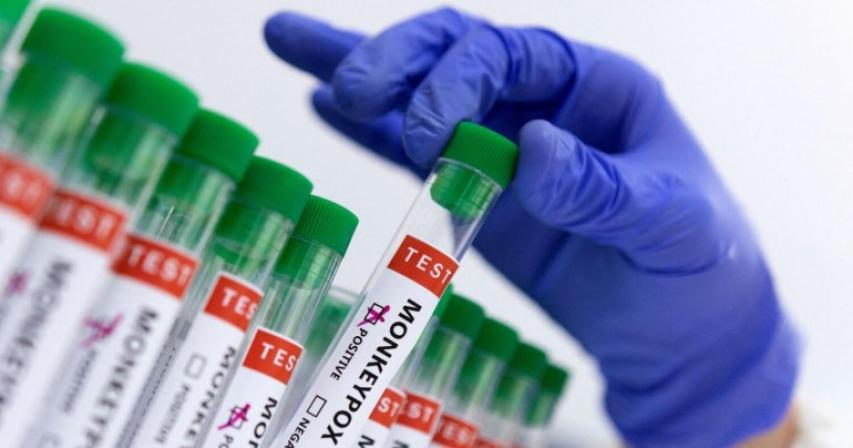Mpox Global Health Emergency: Symptoms, Spread, Prevention Explained

The World Health Organisation announced that a worldwide health crisis has been declared for the second time in two years due to an outbreak of mpox, a viral infection transmitted through close contact.
Global worries are increasing as the virus appears to be spreading more easily through normal close interactions, as new cases are being found outside of Africa where the outbreak originated.
On Thursday, Sweden announced the confirmation of its first case of mpox, a viral infection transmitted through close contact. Pakistan's health ministry confirmed on Friday that a person who had recently returned from a Gulf country has tested positive for the mpox virus, while provincial health authorities have identified three additional cases.
Signs of mpox disease
WHO has stated that signs of the illness typically appear within one week of contact, but they may also develop 1 to 21 days after exposure.
The officials mentioned that symptoms can persist for 2-4 weeks but might be prolonged in individuals with a compromised immune system.
Below are a few typical signs:
A flat sore that progresses into a blister filled with liquid that may cause itchiness or discomfort at first.
High body temperature
Irritated throat
Pain in the head
Sore muscles
Pain in the back
Limited energy
Enlarged lymph nodes
Transfer of information
Mpox can spread between individuals by coming into direct contact with infected skin or sores. This involves communication, respiration, physical contact, and closeness. The disease can also be spread through respiratory droplets or short-range aerosols from close contact.
It is also possible to get infected from contaminated items like clothes or bedding, from sharp injuries in medical facilities, or in places like tattoo shops in the community.
Avoidance
Receiving a vaccine can prevent Mpox infection. The vaccine should be administered within 4 days of coming into contact with a person infected with mpox (or within a maximum of 14 days if symptoms have not yet appeared).
The WHO recommends prioritizing healthcare workers for vaccination during an outbreak due to their increased risk of contracting the disease.
Therapy
The WHO stated that research shows
Various antivirals, like tecovirimat, initially created for smallpox treatment, have been utilized in treating mpox with ongoing research. More details can be found regarding mpox vaccination and case management.
What constitutes a public health crisis?
A PHEIC is the highest alert level issued by WHO for public health emergencies of international concern. It is declared when diseases are spreading in new or unusual ways, and is designed to encourage international collaboration and funding to address an outbreak. WHO's announcement comes after Africa Centres for Disease Control and Prevention issued a comparable statement earlier this week.
What is the reason for mpox being considered an emergency once more?
Two years ago, WHO announced an emergency due to the spread of mpox worldwide, primarily affecting men who engage in sexual activities with other men. The outbreak was successfully controlled in numerous countries thanks to behavior modification, practicing safe sex, and the utilization of vaccines which enabled at-risk individuals to protect themselves.
However, malaria has been a prevalent issue in various regions of Africa for many years. The initial human case occurred in Congo in 1970, and there have been repeated outbreaks since then.
The ongoing outbreak, the most severe in Congo's history, has resulted in 27,000 infections and over 1,100 fatalities since January 2023, primarily affecting children. The illness results in symptoms similar to the flu and sores filled with pus, typically being mild but potentially fatal. Kids, expectant mothers, and individuals with compromised immune systems like those suffering from HIV are more prone to experiencing complications.
There are currently two strains of mpox circulating in the country: the original virus strain and a newly emerged variant.
This new strain of the virus has caused worldwide alarm due to its rapid spread and limited understanding. It is spreading through sexual and close contact, like among children in displacement camps in some areas of Congo, and has now spread from eastern Congo to Rwanda, Uganda, Burundi, and Kenya.






Comments